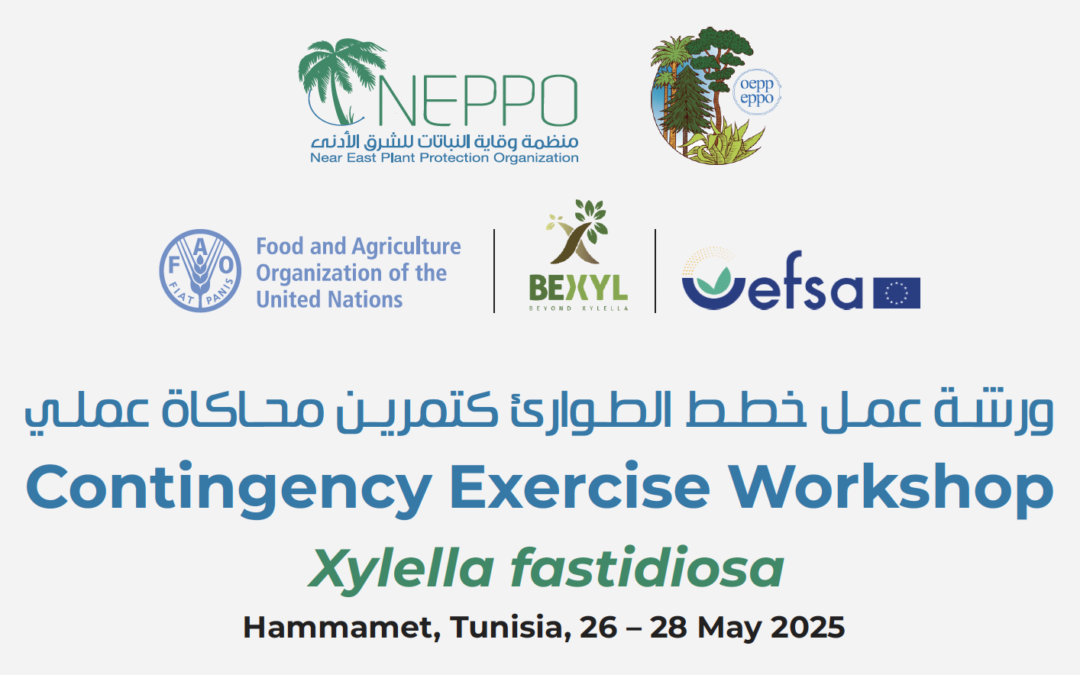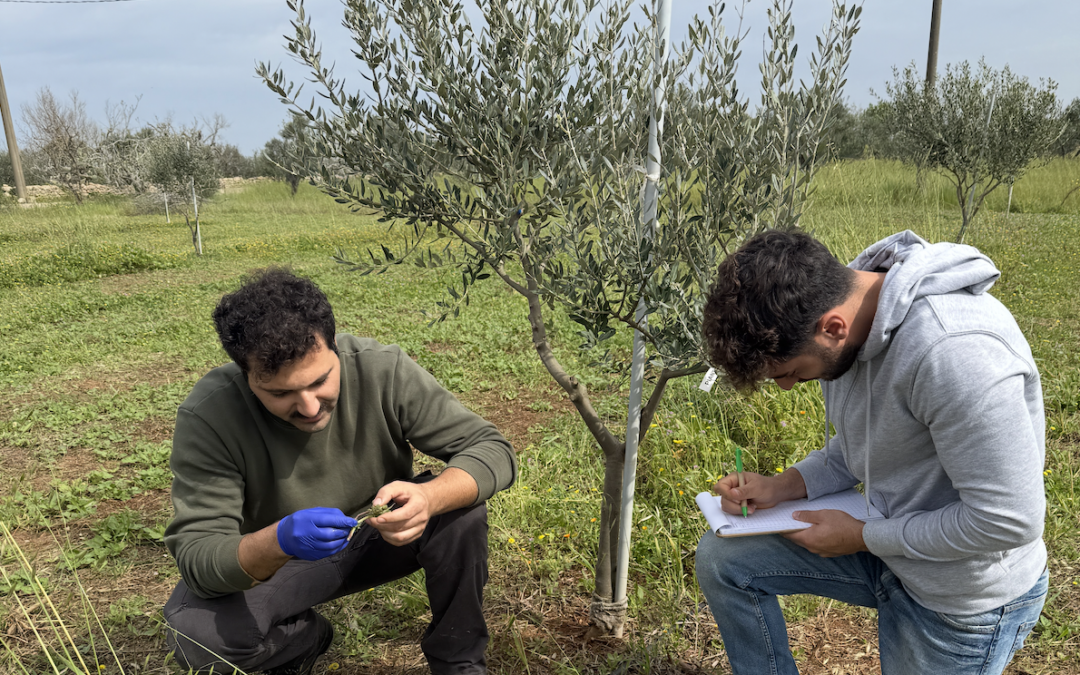In December, the Government of Portugal confirmed the presence of Xylella fastidiosa in citrus for the first time in Europe. Laboratory analyses identified the bacterium in samples of lemon, grapefruit, mandarin, and sweet orange trees (Citrus limon, C. paradisi, C. reticulata, C. sinensis). The infection occurs with a subspecies – X. fastidiosa subsp. fastidiosa – causing Pierce’s disease in grapevines and Leaf Scorch in almond trees in America, but very rarely found on citrus. Instead, it’s the pauca subspecies to spark off Citrus Variegated Chlorosis (CVC) disease, which generated significant economic losses for the citrus sector in Brazil in the 1990s.
Until December 2022, monitoring in all the demarcated areas (DA) of Portugal led to finding only isolates from X. fastidiosa subsp. multiplex. “Now, with the detection of subspecies fastidiosa in the metropolitan area of Porto, the situation is similar to that of Mallorca Island where multiplex and fastidiosa coexist,” the BeXyl coordinator Blanca Landa explains. The first finding of subspecies fastidiosa in the Iberian Peninsula “may represent a real threat for grape and almond producing sectors, but what can be the risk for the citrus sector is yet to be determined,” she adds.
“Although in the past some isolates of X. fastidiosa subsp. fastidiosa have been described as associated with Citrus sinensis in Florida – she states further – in California, where this subspecies is endemic, and citrus and grapevine orchards are in the same areas, there are no reports on the development of CVC on citrus or of any disease associated to X. fastidiosa on this crop”.
Science contribution is paramount to assess the substantial risk for citrus, unveiling “the Sequence type (ST) present on those Citrus spp. plants found infected in Portugal – Landa explains – which is the susceptibility of those plant species, and if the potential vector species present in that area may differ from those present in other areas where X. fastidiosa is endemic”. “If attempts to isolate the strains infecting Citrus fail, the use of next-generation sequencing approaches could provide sufficient phylogenetic resolution to determine the potential origin or dispersal paths of this strain that is of high biological and quarantine relevance for Europe”, Landa concludes.
In the meantime, citrus growers in the Mediterranean are on the alert. “Following the detection of X. fastidiosa on citrus in Portugal, it is essential to establish a permanent steering committee at national and European level including professional and trade organizations and representatives of producers’ consortia to tackle the threat”, said Gerardo Diana, president of the consortium of producers of Sicilian Red Oranges PGI.








